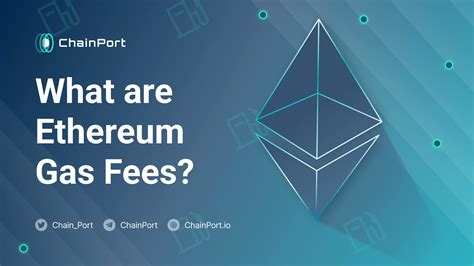High transaction price: understanding of cryptocurrency gas fees
When the global economy turns into digital currencies and decentralized transactions, the landscape develops quickly. Gas fees are one of the important aspects that traders must consider when it comes to using cryptocurrencies for their transactions. Gas fees are the costs of transaction processing transactions in the blockchain network, such as Bitcoin or Ethereum. In this article we will go to cryptocurrency gas charges, why they are necessary for traders and how to reduce their impact.
What is the gas gas fee?
Gas fees are basically a “business cost” in a decentralized network. They represent the paying amount to confirm the transactions and add new blocks to the block chain. In return, they gain newly forged cryptocurrency coins or tokens as a prize. The more sophisticated and time consuming (for example, send a large number of transactions), the higher the gas fee.
Why are gas fees important for traders?
Traders participating in cryptocurrency markets rely on fast, reliable and cheap transactions to facilitate their transactions. High gas costs can have a significant impact on trade feet, which causes a loss, and even forcing buyers to completely leave the position. Here’s why:
1
slowing down the market : The increased gas fee leads to a slower time of transaction processing, which can lead to delayed options or delayed orders.
- Reduced liquidity : Higher gas fee may hinder smaller traders or those who do not have significant capital reserves to participate in the market, causing reduced liquidity and increasing variability.
3
Higher costs as a whole : the gas fee not only applies to transactions; They also contribute to the total cost of replacing cryptocurrencies.
Factors affecting cryptocurrency for gas
Several factors affect gas fees in various blockchain networks:
1
Network overload : High network activity, for example when trading at the maximum time or when the new main project launches, can lead to a higher gas fee.
- Transaction volume : more transactions mean more complex blocks and higher gas fees.
3
Restrictions on the size of the blocks

: In the case of larger blocks, it is necessary to pay more for gas, which increases the fees.
fees for reducing cryptocurrency
While gas fees are required business costs in blockchain networks, traders can take steps to reduce their impact:
1
Select a replacement with competitive gas models : Exchange that offers lower or more transparent gas structures can help reduce costs.
- Use Altcoin with a lower transaction fee : Some cryptocurrencies, such as Binance (BNB) and Polygon (Matic) coin, have a lower gas fee than others.
3
Consider the use of alternative payment methods : Services such as the Bitpay and Coinbase portfolio allow you to make lower costs faster.
- Optimization of trade strategy : Trade strategies related to a smaller number of transactions can help reduce gas fees.
Application
Cryptocurrency gas fees are an important aspect of the ecosystem by increasing transaction processing and reducing liquidity. Merchants must be aware of these costs when making transactions and examining the possibility of reducing their impact. By choosing a competitive model paid with gas using altcoins or alternative payment methods and optimizing trade strategies, traders can move at a high price of a transaction fee in the world of cryptocurrencies.
Suggestions:
- Before coping with transactions, exchange of tests with low or transparent gas -paid structures.
- Consider the use of Altcoin, such as BNB, MATIC or NFT, which has a lower transaction fee.
- Use services such as Bitpay and Coinbase handbag for faster transactions.